Managing psoriatic arthritis foot pain
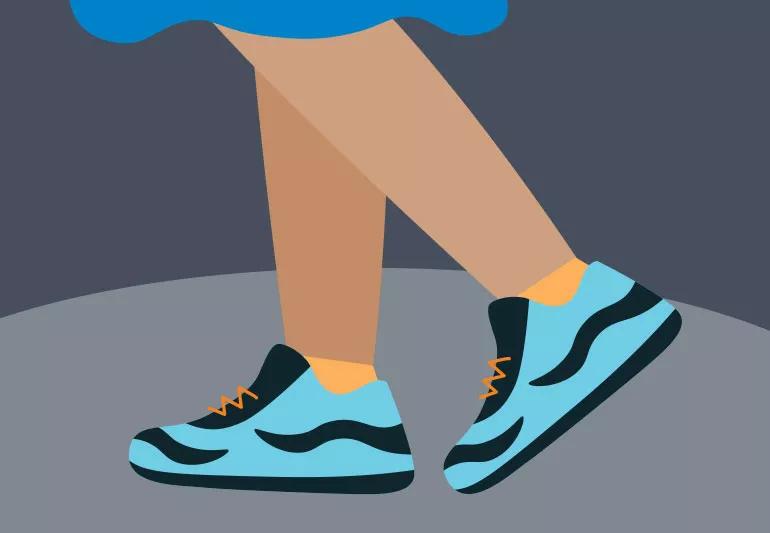
Walking, running, jumping, standing. Despite all they do for you, it’s easy to take your feet for granted. But when foot pain gets in the way of living, there’s no ignoring it.
Advertisement
Cleveland Clinic is a non-profit academic medical center. Advertising on our site helps support our mission. We do not endorse non-Cleveland Clinic products or services. Policy
Unfortunately for people with psoriatic arthritis, foot pain is a common occurrence, says rheumatologist Rochelle Rosian, MD. “Psoriatic arthritis affects the toes and feet in several ways, causing pain, swelling, stiffness and even changes to the appearance of your foot,” she says.
We talked to Dr. Rosian to learn how the disease attacks your feet — and what you can do to put your best foot forward, despite psoriatic arthritis.
Psoriatic arthritis is an inflammatory disease that causes pain and swelling in the joints. Most people with the disease also have psoriasis, a skin condition that causes red, scaly, inflamed rashes. Both psoriasis and psoriatic arthritis are conditions that occur when your body’s immune system attacks its own tissues.
People dealing with psoriatic arthritis may experience lots of problems below the ankles — including foot pain, heel pain, swelling and toenail changes.
Psoriatic arthritis often strikes areas where ligaments and tendons connect to bone. With 26 bones and 30 joints in each foot, that’s a lot of possible targets for arthritis.
The disease can cause symptoms in one foot or both feet. In fact, foot symptoms are often among the early signs of psoriatic arthritis. It’s important for your physician to consider treatments that allow you to continue the activities you enjoy.
Advertisement
Foot-related symptoms include:
It’s tough to do the things you want to do when your feet are stiff and painful. Dr. Rosian recommends these strategies to help kick foot pain to the curb.
Some people find that warm towels, heat packs and hot baths help ease joint pain and swelling. For others, using ice packs can dial down inflammation for cool relief. “Try both hot and cold therapy to see which works best for your symptoms,” Dr. Rosian says.
Exercise might be the last thing you want to do when your feet are aching, but regular, gentle exercises can help relieve stiffness and improve the range of motion in your feet. Low-impact activities like walking and swimming are good options. Consider asking for a referral to a physical therapist or foot doctor.
High heels are not your friends. Opt for comfortable shoes that support your feet and ankles. You might benefit from custom orthotics, as well. These shoe inserts are tailor-made for your feet. They work like shock absorbers to take pressure off of your feet.
Your feet are responsible for supporting your whole body any time you stand or walk. Maintaining a healthy weight can take some of the stress off these hard-working joints.
Perhaps the most important thing you can do is talk to your doctor about how foot pain is limiting you. Your healthcare provider will help you find the right medications to control joint pain associated with psoriatic arthritis.
Advertisement
“Foot pain is often an unfortunate reality for people who have psoriatic arthritis, but it doesn’t have to overwhelm you,” says Dr. Rosian. “We have a variety of different medications to treat pain and swelling and prevent permanent joint damage in your feet.”
Advertisement

Sign up for our Health Essentials emails for expert guidance on nutrition, fitness, sleep, skin care and more.
Learn more about our editorial process.
Advertisement

Choose foods high in omega-3s and antioxidants; avoid red meat and dairy

Cold or hot therapy, massage and exercise may help reduce pain and inflammation in your joints
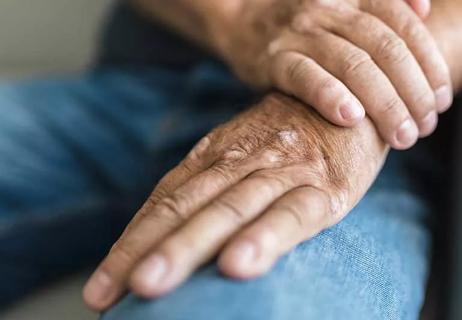
Focus on sleep, limit alcohol and reduce your stress and anxiety to help lessen symptoms
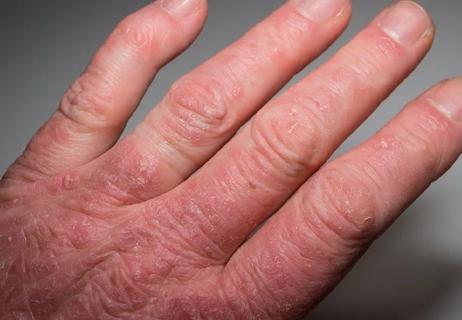
What’s the difference between these types of inflammatory arthritis?

The link between joint pain and skin rashes
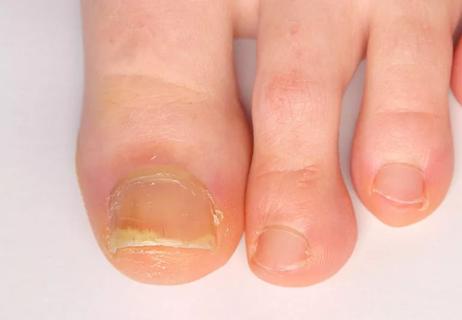
Symptoms of nail psoriasis and how to treat it

What’s the difference between these types of arthritis?
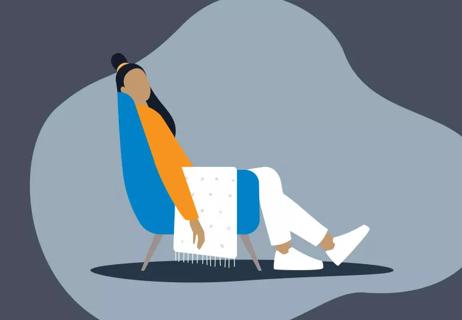
Does arthritis make you tired?

Even small moments of time outdoors can help reduce stress, boost mood and restore a sense of calm

A correct prescription helps your eyes see clearly — but as natural changes occur, you may need stronger or different eyeglasses

Both are medical emergencies, but they are very distinct events with different causes